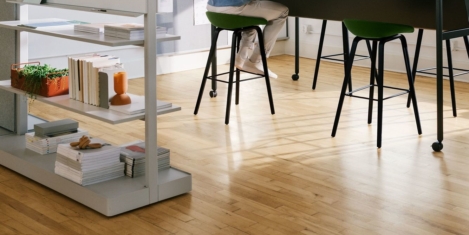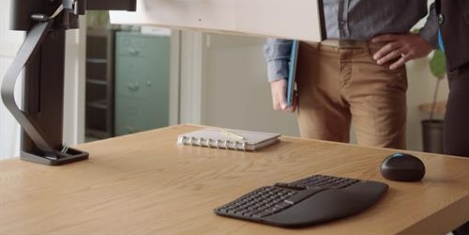February 8, 2022
New business climate demands agility from managers, report claims
 A new report, The Big Reset Playbook: Change Agility (registration) from work trends analyst The Josh Bersin Company, claims that traditional approaches to change management have often fallen short of expectations, and that new workplace practices based on agility are now needed to manage change in a new business climate. According to the report ‘businesses are looking to tackle the challenge of managing change in a new reality that includes the shift to hybrid working, globalization and The Great Resignation’. The research claims that in companies that successfully manage change, leaders and high performers reinforce the company’s mission and purpose, explain how their reinvented business models work, create cross-functional teams to design and implement change, and maintain forward momentum. (more…)
A new report, The Big Reset Playbook: Change Agility (registration) from work trends analyst The Josh Bersin Company, claims that traditional approaches to change management have often fallen short of expectations, and that new workplace practices based on agility are now needed to manage change in a new business climate. According to the report ‘businesses are looking to tackle the challenge of managing change in a new reality that includes the shift to hybrid working, globalization and The Great Resignation’. The research claims that in companies that successfully manage change, leaders and high performers reinforce the company’s mission and purpose, explain how their reinvented business models work, create cross-functional teams to design and implement change, and maintain forward momentum. (more…)

























 Over 40 percent of employers are finding it more difficult to retain and recruit staff, according to
Over 40 percent of employers are finding it more difficult to retain and recruit staff, according to 
 Remote working swiftly evolved from a stopgap lockdown solution into a globally successful workstyle – and it’s set to stay. According to research quoted by
Remote working swiftly evolved from a stopgap lockdown solution into a globally successful workstyle – and it’s set to stay. According to research quoted by








January 17, 2022
Is your office worth the journey it takes to get to it?
by Despina Katsikakis • Comment, Flexible working, Property